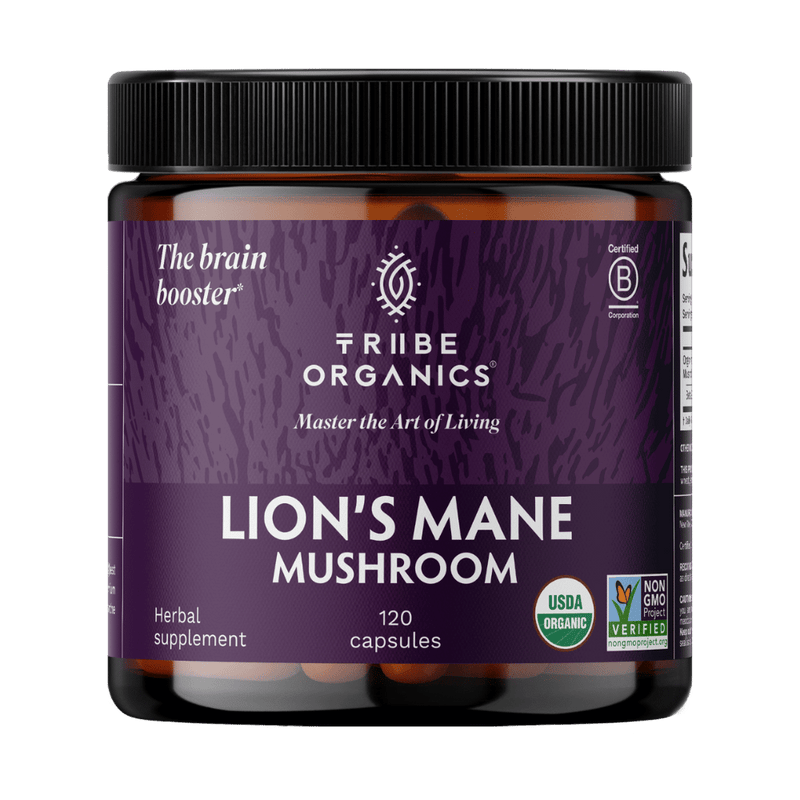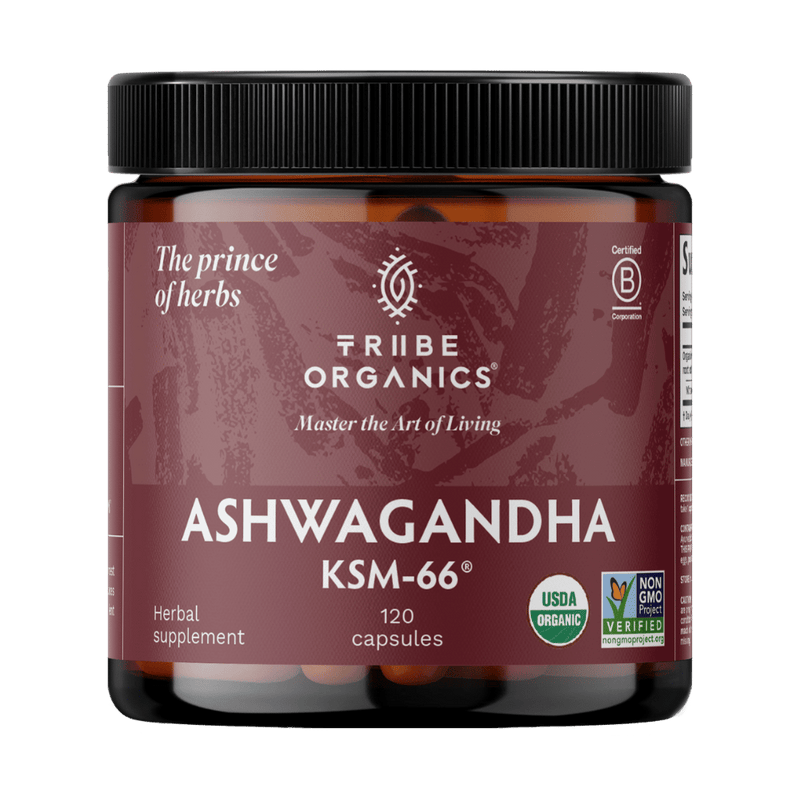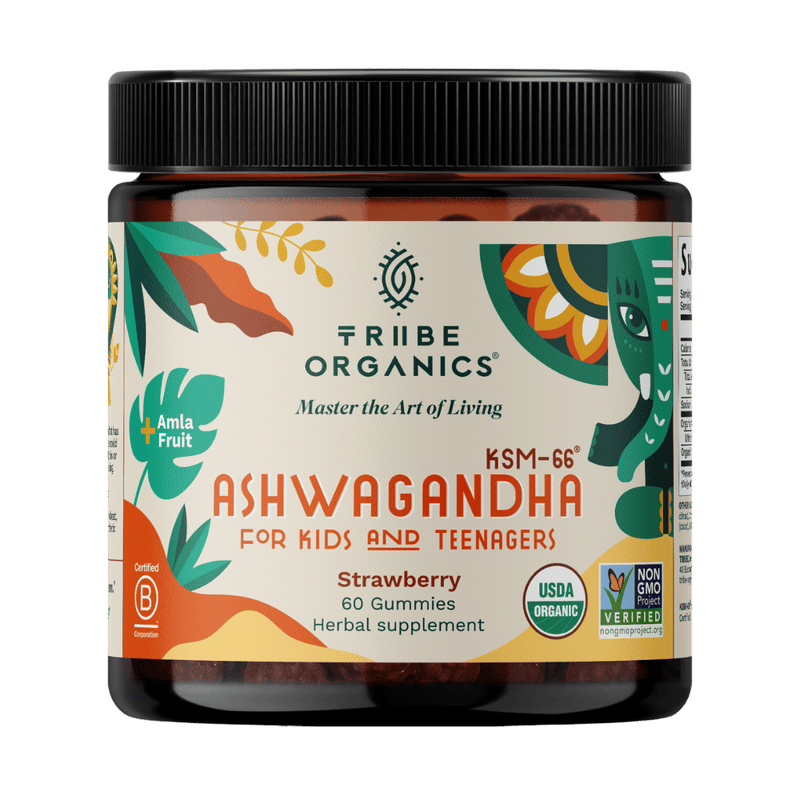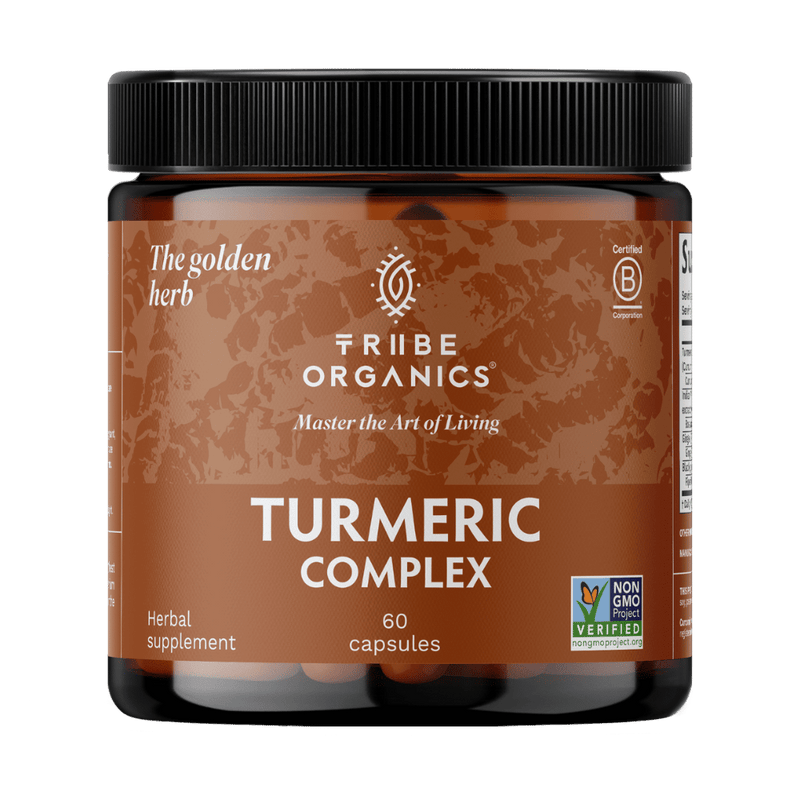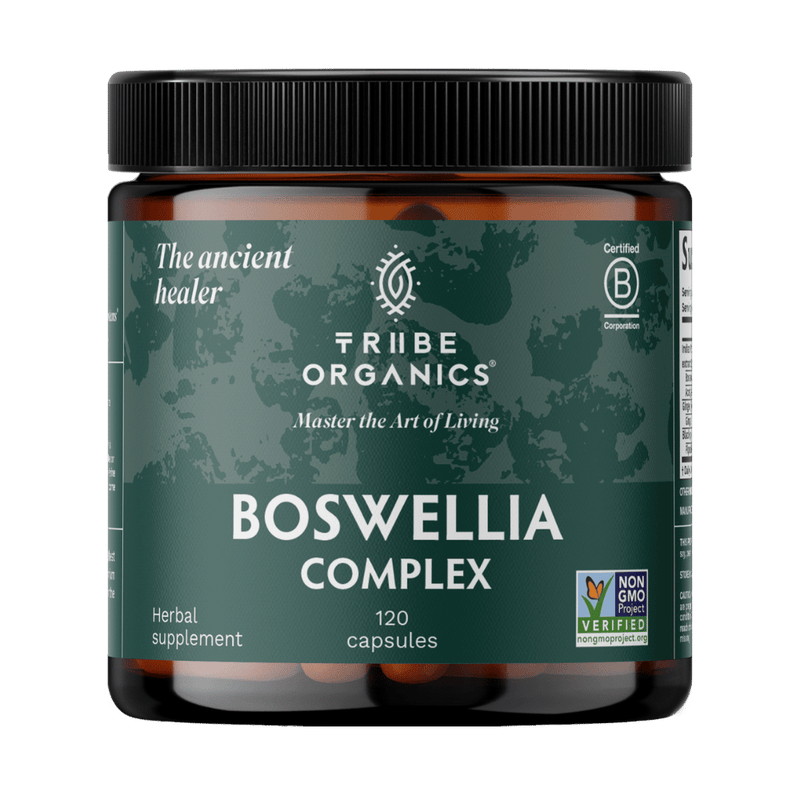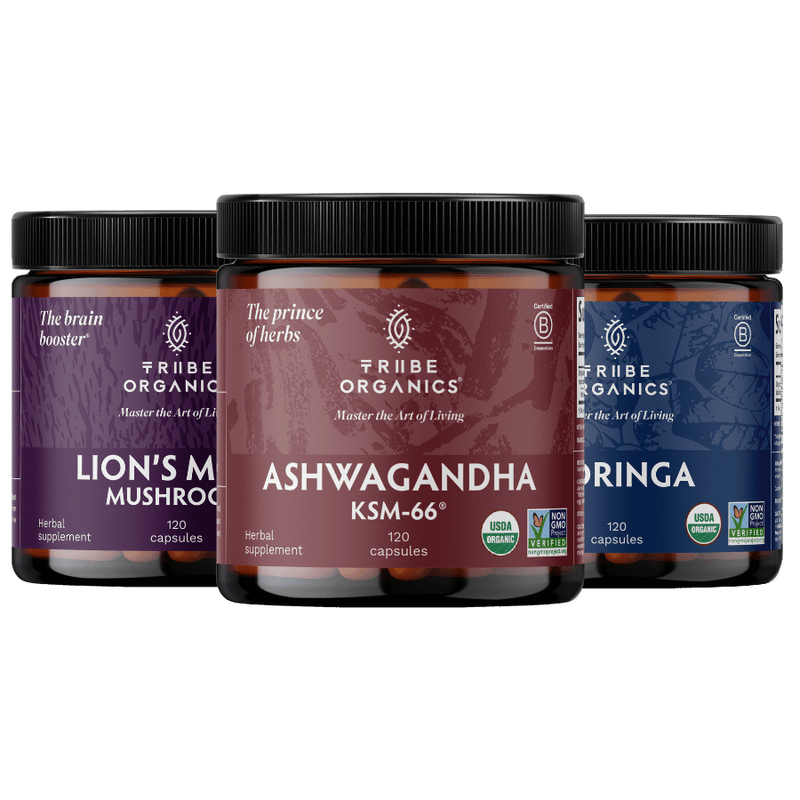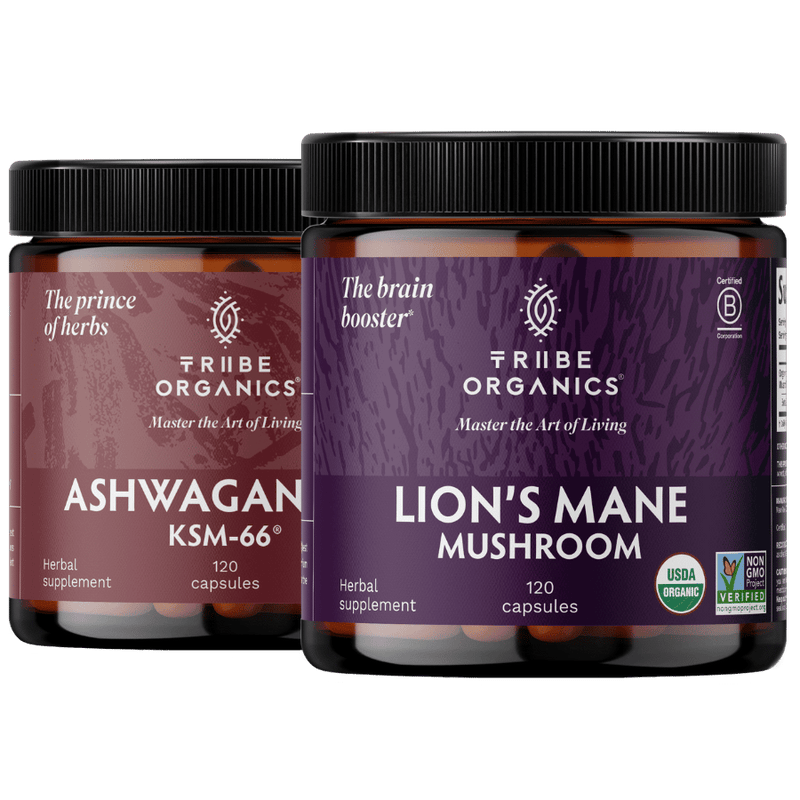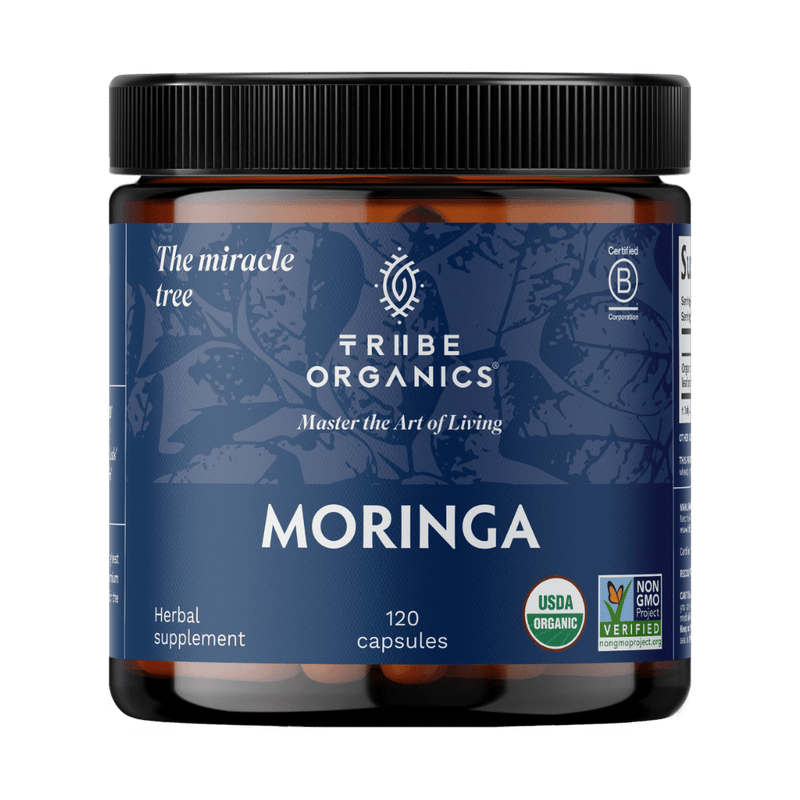The human body needs a variety of minerals in order to operate properly, and not getting enough of any one mineral can lead to a deficiency in another. Maintaining adequate magnesium levels is especially important for overall health, as magnesium supports muscle and nerve function, stress management, and energy production. When a nutrient is essential in small quantities, it’s called a ‘micro-nutrient’.
A few examples of micro-nutrients include biotin, chromium, vanadium, and zinc. Magnesium is one of these micro-nutrients and is a critical mineral for the body, essential for hundreds of biological processes. It is involved in the nervous system, protein synthesis, and many others.
A balanced diet rich in whole grains, leafy greens, and nuts can help prevent magnesium deficiency and ensure you get enough of this vital nutrient. Magnesium deficiency can occur due to poor dietary intake, certain health conditions, or increased needs, making it important to focus on nutrient-dense foods.
Ashwagandha is a powerful herb that has been used in Ayurvedic medicine for a long time. In fact, it’s one of the most commonly used herbs in Indian herbal medicine. It has been used to treat a wide range of health conditions, including stress, depression, and insomnia.
When combining these two super dietary supplements, you can expect to better manage stress and reduce cortisol levels.
Ashwagandha And Magnesium: The Combo That Can Change Your Life
Magnesium and Ashwagandha are both essential for a healthy lifestyle. Magnesium is important for bone health and metabolism, while Ashwagandha is a herb that can help you relax and sleep by reducing the stress hormone cortisol. The combination of these supplements, often referred to as magnesium ashwagandha, is gaining attention for its potential to support stress relief and overall well-being.
Taken together, these two supplements can change your life! They may also help improve mood by regulating stress hormones, reducing anxiety, and supporting emotional balance.
It’s likely that you don’t get enough magnesium in your diet to meet the recommended daily allowance of 400 mg/day. Chronic stress can further deplete magnesium levels and increase stress levels, making supplementation even more important.
Taking this supplement with Ashwagandha will help ensure you get what you need when it comes to these micro-nutrients.
Introduction to Natural Sleep Aids
In recent years, the ancient wisdom of natural sleep optimization has gained remarkable recognition as health-conscious individuals discover empowering, evidence-based pathways to unlock superior sleep quality without the unwanted effects often associated with pharmaceutical interventions. Clinical research-validated supplements like ashwagandha and magnesium emerge as trusted allies among wellness optimizers for their scientifically-proven ability to promote deep relaxation and transform anxiety patterns, making them the intelligent choice for those committed to their sleep optimization journey. Ashwagandha, revered as Indian ginseng in traditional Ayurvedic wisdom, stands as a powerful adaptogenic herb that empowers the body to masterfully adapt to stress while supporting comprehensive health optimization and authentic well-being. Magnesium, this essential mineral backed by extensive research, proves vital for bone strength optimization, muscle and nerve function excellence, and cellular energy production mastery. When thoughtfully combined, ashwagandha and magnesium create a synergistic wellness partnership, amplifying each other's research-backed benefits and empowering you to unlock enhanced sleep quality, transformed anxiety patterns, and profound well-being optimization on your health journey.
What is Ashwagandha?
Ashwagandha is one of the most important herbs in Ayurveda, which is a traditional form of alternative medicine based on Indian principles of natural healing.
Ashwagandha has been used for thousands of years as a natural stress reliever, energy booster, and concentration enhancer.

Ashwagandha is a herb native to India, Africa, and the Middle East. It goes by several names, including Indian Winter Cherry and Indian Ginseng.
Traditional Indian healing is the process of balancing body health through nutrition, exercise, or mindfulness practices that promote balance between the mind, spirit, and environment using Ayurvedic supplements such as Ashwagandha extract derived from plants. Ashwagandha extract, especially when standardized, is commonly used in clinical research to evaluate its adaptogenic effects, with studies often focusing on its dosage and benefits for stress and anxiety relief.
Ashwagandha is traditionally used to boost energy and overall health. It not only reduces inflammation and pain, but it also reduces anxiety. Additionally, ashwagandha may support cognitive function by improving mental clarity, focus, and overall brain health, especially during periods of stress.
What is Magnesium?
Magnesium is a mineral that the human body cannot synthesize. Magnesium is an important mineral in nutrition because it helps regulate nerve impulses, muscle contractions, and blood glucose levels. It also plays a key role in helping produce energy within cells. Magnesium helps relieve physical tension by relaxing tense muscles and reducing muscle stiffness, which is especially beneficial during periods of stress or anxiety.
There are different forms of magnesium, such as magnesium glycinate, which is magnesium bound to an amino acid. This form is known for its calming and stress-relieving properties and is often chosen because the body absorbs it efficiently, enhancing its effectiveness. Additionally, magnesium deficiencies have been linked to mood swings, insomnia, tremors, and more.
Benefits of Magnesium Glycinate
Rooted in nutritional wisdom and validated by clinical research, magnesium glycinate represents an intelligently-designed form of this essential mineral that your body can truly embrace and utilize with remarkable efficiency. This knowledge-backed choice empowers health-conscious individuals on their optimization journey, offering superior bioavailability that stands in stark contrast to magnesium oxide—a form that, while common, often challenges digestive comfort and undermines your wellness goals. The evidence reveals magnesium glycinate's profound ability to nurture your nervous system, supporting your body's natural wisdom to reduce anxiety symptoms, cultivate deep relaxation, and enhance the quality of restorative sleep that forms the foundation of optimal health. Clinical studies demonstrate this mineral's capacity to support healthy blood pressure levels, contributing to cardiovascular wellness and overall vitality in ways that honor both ancient understanding and modern scientific validation. When thoughtfully combined with the adaptogenic wisdom of ashwagandha, magnesium glycinate creates a synergistic approach to stress hormone optimization and sleep enhancement—a powerful alliance that transforms your daily wellness routine into an educated, evidence-based strategy for comprehensive stress management and superior sleep quality.
Side Effects
One of the most common side effects of magnesium is diarrhea. The chalky taste associated with magnesium can also be an unpleasant side effect. This tends to happen when people take too much magnesium at once, so it's important not to take more than 400 mg per day without first consulting a doctor.
Ashwagandha is a natural remedy that has been used for centuries and is often recommended in Ayurvedic medicine for treating various health conditions. It has been shown to help with insomnia, depression, and stress. Ashwagandha does have some potential side effects, including upset stomach, dizziness, and drowsiness.
It's important to note that these two remedies do come with possible side effects. However, they are both overall safe and beneficial supplements that can improve your health if taken correctly.
Benefits of These Dietary Supplements
Ashwagandha And Magnesium for Sleep
Magnesium is a very important mineral that relaxes the nervous system and helps promote sleep. Magnesium also regulates GABA, which is a neurotransmitter that controls nerve activity and can help with sleep disorders. Ashwagandha also helps promote sleep by using two mechanisms: its ability to reduce cortisol and to inhibit the stresses of an overactive mind. Ashwagandha and magnesium are both powerful remedies for promoting relaxation and sleep. Take these supplements together for best results!
Ashwagandha And Magnesium for Stress Relief
Magnesium is a necessary mineral that aids the body in dealing with stress. Ashwagandha, a herb that has been used for centuries in Ayurvedic medicine, can help you become more resilient to stressful situations.
The benefits of Ashwagandha and magnesium are that they can both be used to manage stress.
Magnesium is a calming mineral, which can help relieve stress. Similarly, Ashwagandha is an adaptogen herb that has been traditionally used for thousands of years to assist with managing stress. This herb helps by producing natural calming hormones in the brain, such as GABA and serotonin, as well as helping to regulate cortisol levels in your body.
Ashwagandha is also known as an anxiolytic - it can reduce anxiety symptoms and alleviate panic attacks or severe anxiety. It has a protective effect on the nervous system by reducing the effects of cortisol on the body, which in turn reduces fatigue and exhaustion.
When you have less stress and more energy, it becomes easier to work towards your goals.

Potential Drug Interactions
Understanding the scientific evidence behind supplement interactions empowers you to make informed decisions on your health optimization journey. Clinical research demonstrates that ashwagandha may influence glucose metabolism, potentially affecting blood sugar regulation in individuals utilizing diabetes medications—knowledge that serves as the foundation for wise supplementation choices. Evidence-based studies reveal that magnesium can interact with specific pharmaceutical compounds, including certain antibiotics and cardiovascular medications, which may compromise their therapeutic effectiveness when not properly managed. Those navigating complex health conditions such as autoimmune disorders, thyroid dysfunction, or renal complications benefit tremendously from consulting healthcare practitioners who understand the intricate science of supplement-drug interactions before incorporating ashwagandha and magnesium into their wellness protocols. Transparency in your health optimization approach means engaging with knowledgeable healthcare providers when managing medications or chronic conditions, ensuring these powerful natural compounds align safely with your therapeutic regimen. Through evidence-based wisdom and informed guidance, you can harness the clinically-validated benefits of ashwagandha and magnesium for enhanced relaxation, anxiety reduction, and sleep quality optimization, while maintaining the highest standards of safety and minimizing any potential therapeutic conflicts.
Summary
Magnesium is one of the micro-nutrients that is essential for hundreds of biological processes. It is involved in the nervous system, protein synthesis, and many others. Ashwagandha is a powerful herb that has been used in Ayurvedic medicine for a long time and has been shown to treat stress, depression, and insomnia. These two remedies can change your life if you're not getting enough of either one!
Frequently Asked Questions
Shop best sellers
Explore our collection of favorite items that have gained popularity for their quality and satisfaction.



